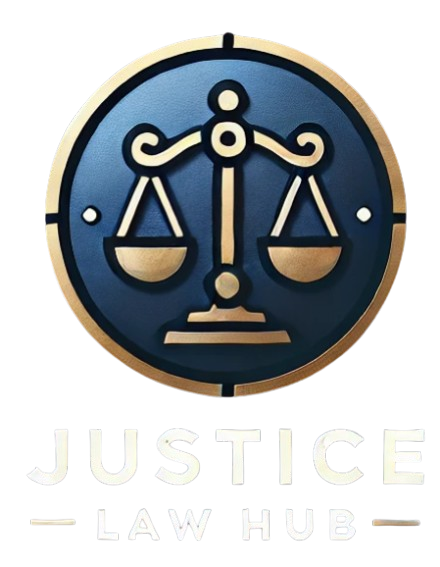Breaking a lease in California can seem challenging, but tenants have certain rights and legal protections that may allow them to terminate a lease early without facing severe financial consequences. Here’s a comprehensive guide to understanding your rights and responsibilities when breaking a lease in California.
Tenant Rights and Responsibilities Under a Lease
When tenants sign a lease, they agree to a binding contract with the landlord for a set period, typically one year. Under California law:
- Landlords cannot make changes to the lease terms, such as increasing rent, until the lease expires (unless the lease allows for mid-term adjustments).
- Tenants must pay rent for the entire lease term unless there are legal grounds for breaking a lease in California.
Landlords may only terminate a lease for specific reasons, such as unpaid rent or violations of lease terms. Even in such cases, landlords must follow proper legal procedures, including giving notice and filing eviction lawsuits if necessary.
Legal Reasons for Breaking a Lease in California
California law provides several exceptions where tenants can legally break a lease without further liability:
1. Victims of Domestic Violence or Certain Crimes
Victims of domestic violence, sexual assault, stalking, or other specified crimes have the right to terminate their lease early. This also applies if the victim is a household member or immediate family member.
- Tenants must provide written notice of termination and documentation, such as a police report or restraining order.
2. Active Military Duty
Under federal law, service members who enter active military duty after signing a lease can legally break the lease. Tenants must:
- Provide written notice to the landlord, and
- Terminate the lease 30 days after the next rent due date.
California law extends similar protections under the Military and Veterans Code.
3. Uninhabitable Rental Units
If a rental unit violates California health and safety codes, tenants may claim constructive eviction and break the lease. Examples of uninhabitable conditions include:
- No heating or water, severe infestations, or hazardous living conditions.
- Tenants must document the issue and allow the landlord a chance to repair it before leaving.
4. Landlord Harassment or Privacy Violations
Breaking a lease in California is also justified if a landlord harasses tenants or violates their privacy rights, such as entering without proper notice, changing locks, or turning off utilities. Such actions may constitute constructive eviction.
Consequences of Illegally Breaking a Lease in California
If tenants break their lease without legal justification, they may face several consequences:
- Losing the security deposit.
- Being responsible for rent until the lease ends (unless the landlord finds a new tenant).
- Facing lawsuits for unpaid rent or damages.
- Damaging their credit score if unpaid rent is reported to credit bureaus.
However, landlords in California are legally obligated to mitigate damages by making reasonable efforts to find a new tenant.
Landlord’s Duty to Mitigate Damages
California landlords must actively attempt to re-rent the property when a tenant leaves early. This includes advertising the property and screening potential tenants.
- Landlords cannot sit idle and demand rent for the remainder of the lease term.
- If they fail to make reasonable efforts to re-rent the unit, tenants can use this as a defense in court.
If the landlord successfully rents out the property, tenants are only responsible for the rent owed during the vacancy period.
Tips for Minimizing Financial Liability When Breaking a Lease
If you don’t meet the legal criteria for breaking a lease in California, follow these tips to reduce your liability:
- Provide written notice explaining your situation and giving as much advance notice as possible.
- Assist your landlord by keeping the rental in good condition and allowing showings.
- Suggest qualified replacement tenants with good credit and references.
- Leave the property clean and damage-free to avoid additional charges.
Final Thoughts
Breaking a lease in California isn’t always easy, but knowing your rights and the legal exceptions can help protect you from unnecessary financial and legal troubles. Whether you’re dealing with safety concerns, harassment, or entering military service, California law offers protections to ensure fair treatment for tenants.
